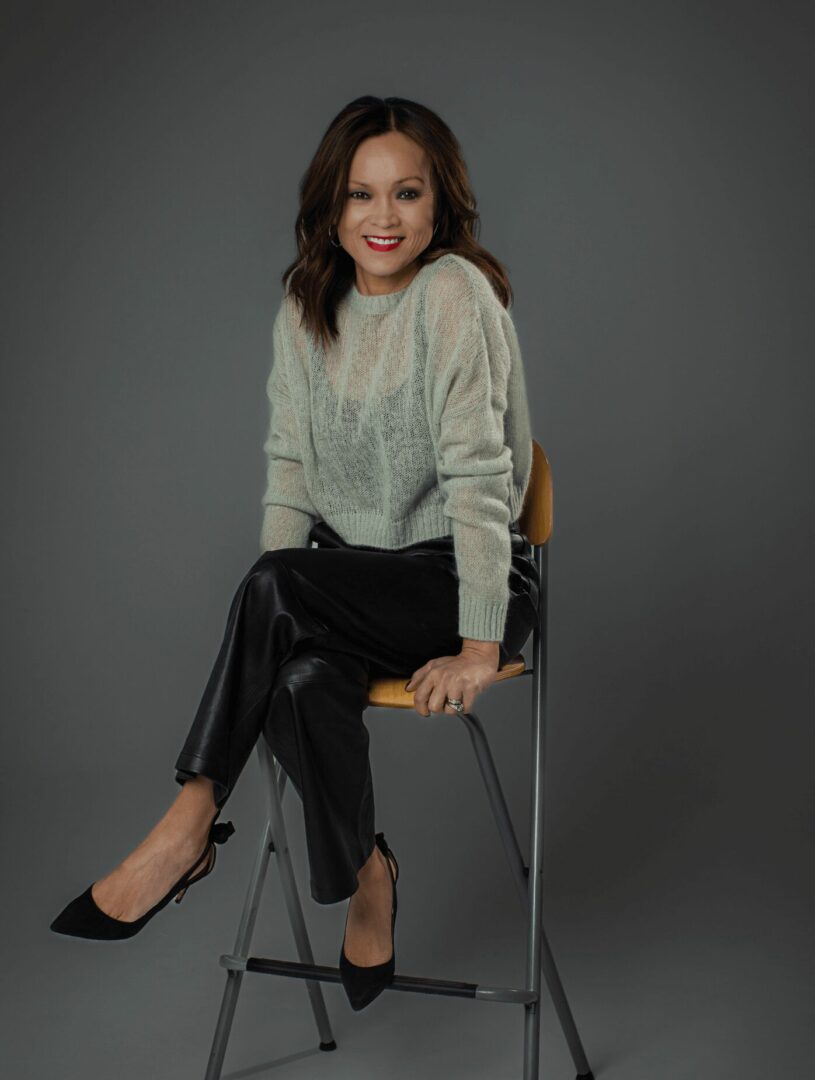We’re excited to introduce you to the always interesting and insightful Soon Hagerty. We hope you’ll enjoy our conversation with Soon below.
Soon , we’re thrilled to have you sharing your thoughts and lessons with our community. So, for folks who are at a stage in their life or career where they are trying to be more resilient, can you share where you get your resilience from?
I get my resilience from my family.
When I was nearly five, my parents immigrated to the U.S. with seven kids and just $300 in their pocket—fleeing Vietnam after the fall of Saigon. My father had fought alongside American soldiers, and they left everything behind for a better life.
We were sponsored by my uncle, and over the years, my parents taught themselves how to thrive in a foreign land. They started by growing Asian fruits and vegetables in our backyard, selling them door to door and at farmers markets. They saved enough to buy land, expand their farm, and eventually created a business to import and export exotic produce to grocery stores.
It was my first and most powerful lesson in grit, hard work, and resilience.
Years later, I found myself in a management meeting at a PR firm in L.A., expecting to take over the agency. But the owner abruptly rescinded the offer—despite my leading 60% of the business. I was heartbroken.
The next day, my mentor (now husband) looked at me and said, “Stop crying. You’re going to start your own firm.” Within 48 hours, Luxe Communications was born. Since then, I’ve launched another firm, and opened a restaurant and launched Boundless Futures to help women start their own business.
Resilience isn’t inherited. It’s built—moment by moment, challenge by challenge.
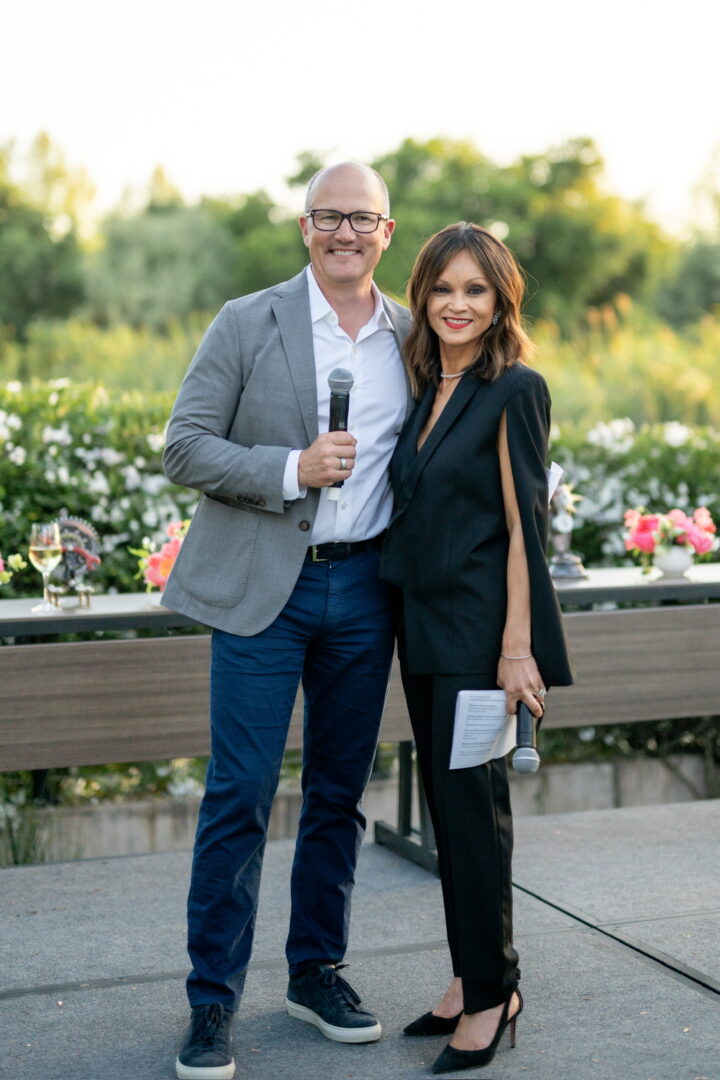
Thanks for sharing that. So, before we get any further into our conversation, can you tell our readers a bit about yourself and what you’re working on?
After 25+ years in branding and communications, I’m evolving my focus to align more closely with the things I care most about: the power of food to connect us, the belief that business can drive both growth and good, and my commitment to championing women who lead with purpose.
I’m transitioning from my role as SVP of Brand at Hagerty to devote more time to my family, to The Good Bowl—our mission-driven restaurant that donates $1 per bowl to charity in gratitude for the U.S. welcoming us as immigrants—and to running the Boundless Futures Foundation, which supports female founders tackling today’s toughest challenges.
It’s still a full plate, but it finally feels like all the parts of my passions are coming together.
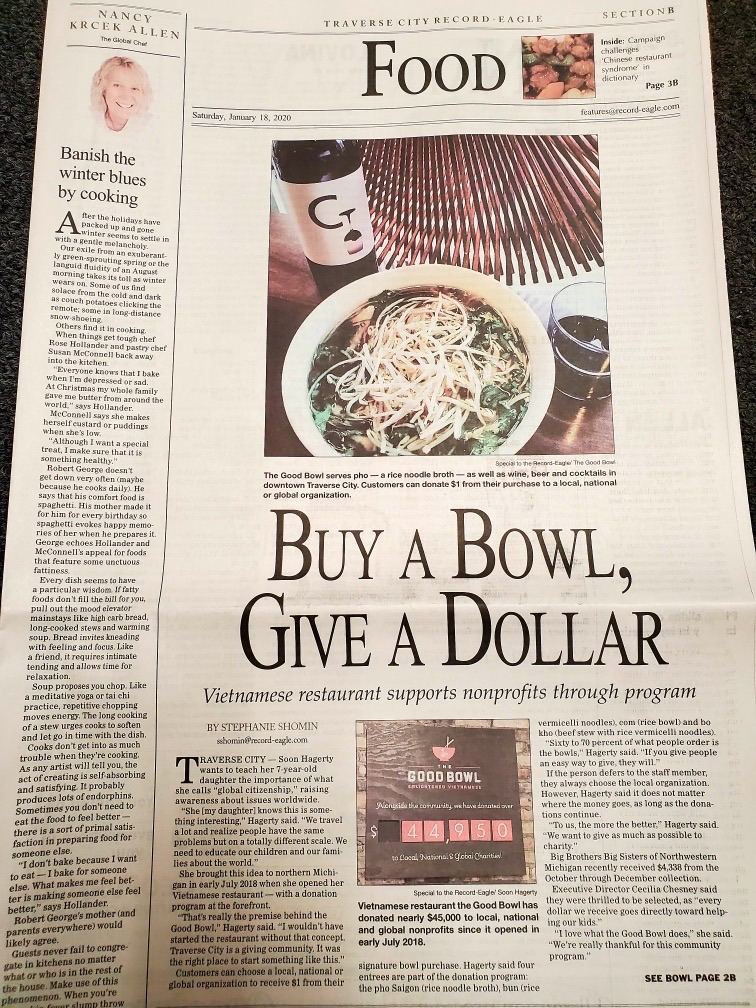
If you had to pick three qualities that are most important to develop, which three would you say matter most?
What’s served me most on my journey is a growth mindset, the philosophy of Stoicism, and a daily morning routine of journaling and meditation.
Carol Dweck’s work on growth mindset taught me to embrace failure as a learning opportunity and stay endlessly curious—helping me grow not just my business, but myself. Stoicism has been transformative, reminding me to focus on what I can control and respond with clarity instead of anxiety. And my morning practice of journaling and meditation has grounded me, clearing the mental clutter before the day begins.
There’s no magic bullet for success—but you can choose mindsets and habits that help you lead with purpose, resilience, and intention.
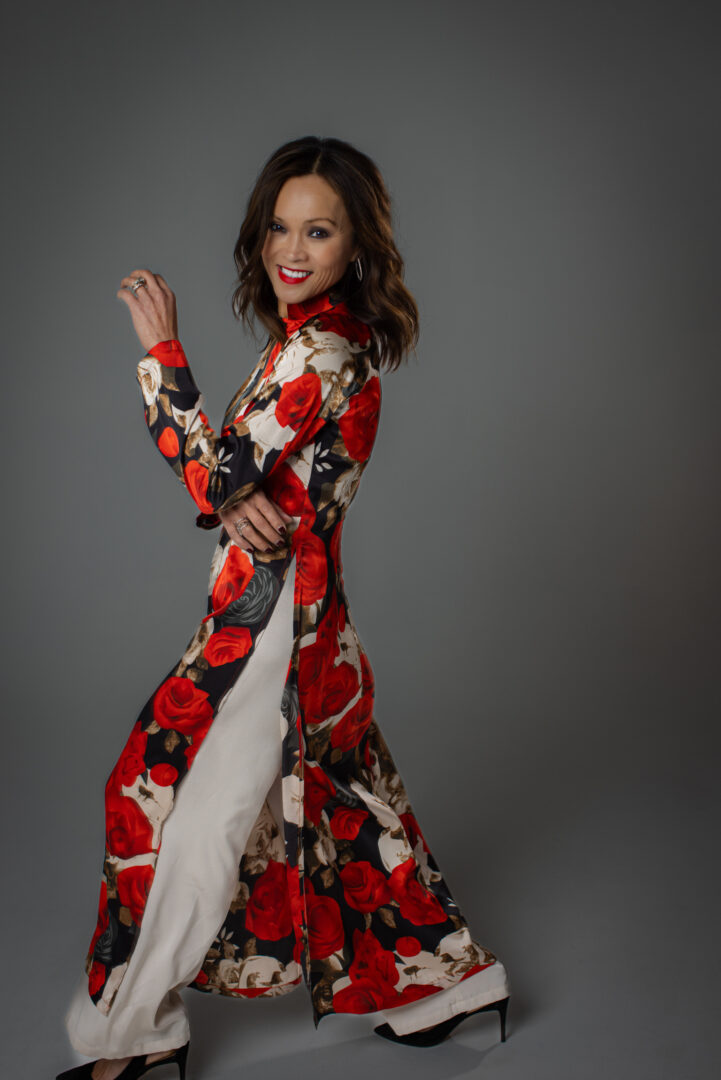
Do you think it’s better to go all in on our strengths or to try to be more well-rounded by investing effort on improving areas you aren’t as strong in?
This is a great question and one that I’ve been thinking a lot about as I expand my focus areas. I think there are mixed messages out there depending on which experts in personal and professional development you ask.
For me, I lean toward doubling down on your strengths rather than trying to be so well-rounded that you risk becoming mediocre. I’m a big admirer of Steve Jobs’ commitment to focus and doing a few things exceptionally well. He was meticulous in ensuring Apple products were simple to use and best in class. Apple doesn’t try to boil the ocean with dozens of products—and that focused strategy has made them one of the most profitable and admired brands in the world.
You don’t become an expert by dabbling in too many areas. Developing true expertise elevates you both professionally and personally. I’ve also found that you’re far more engaged when you follow your strengths, as they’re often aligned with your passions.
That said, I do pay attention to areas where I’m not as strong—learning enough to be dangerous and surrounding myself with people who complement those skills.
Contact Info:
- Website: www.boundlessfutures.org, www.goodbowleatery.com
- Instagram: soonhagerty
- Facebook: Soon Hagerty
- Linkedin: https://www.linkedin.com/in/soon-hagerty-5637448/
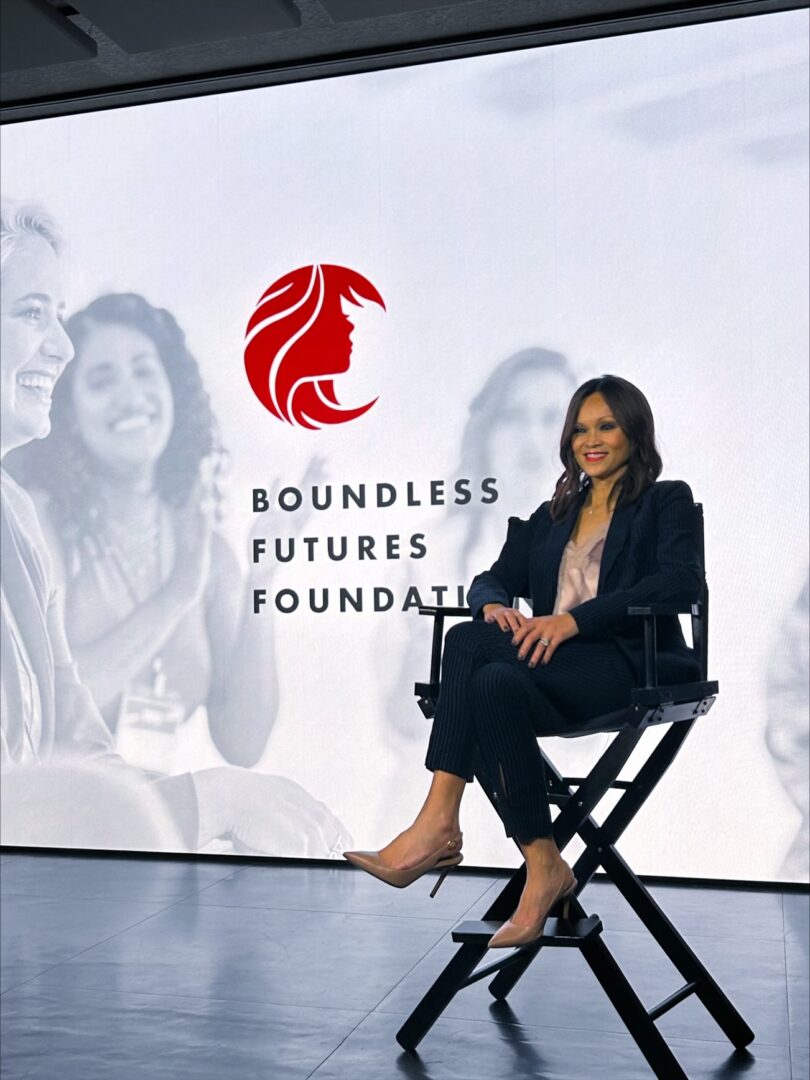
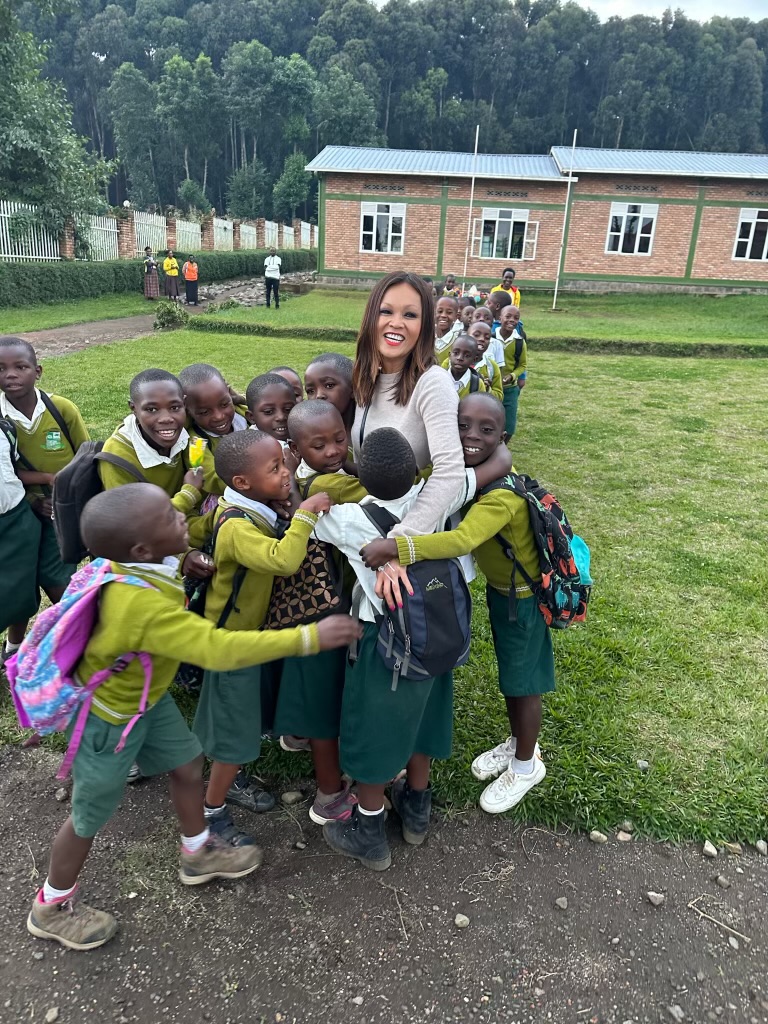
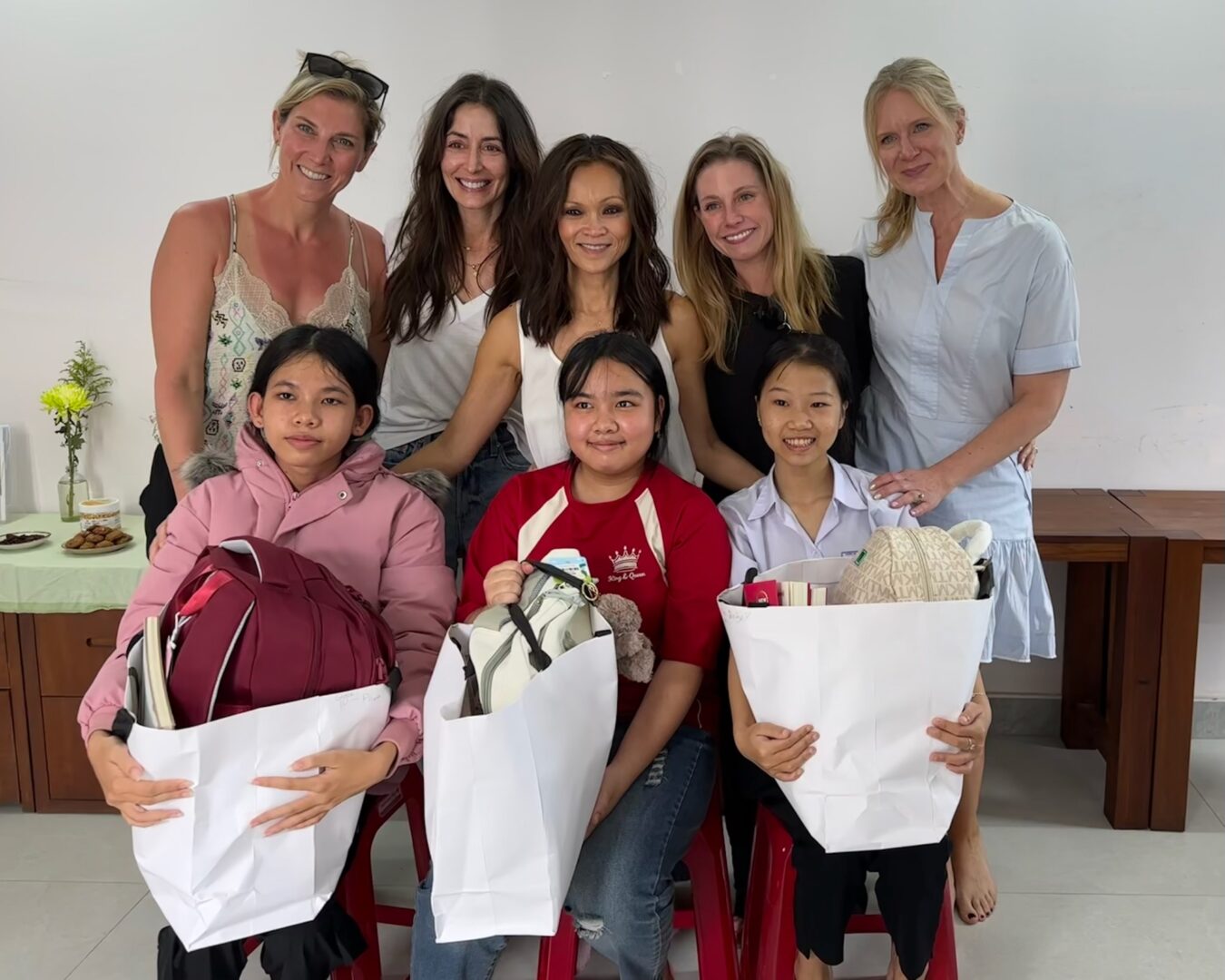
Image Credits
Scarlette Piedmonte
Kayla Keenan
so if you or someone you know deserves recognition please let us know here.

